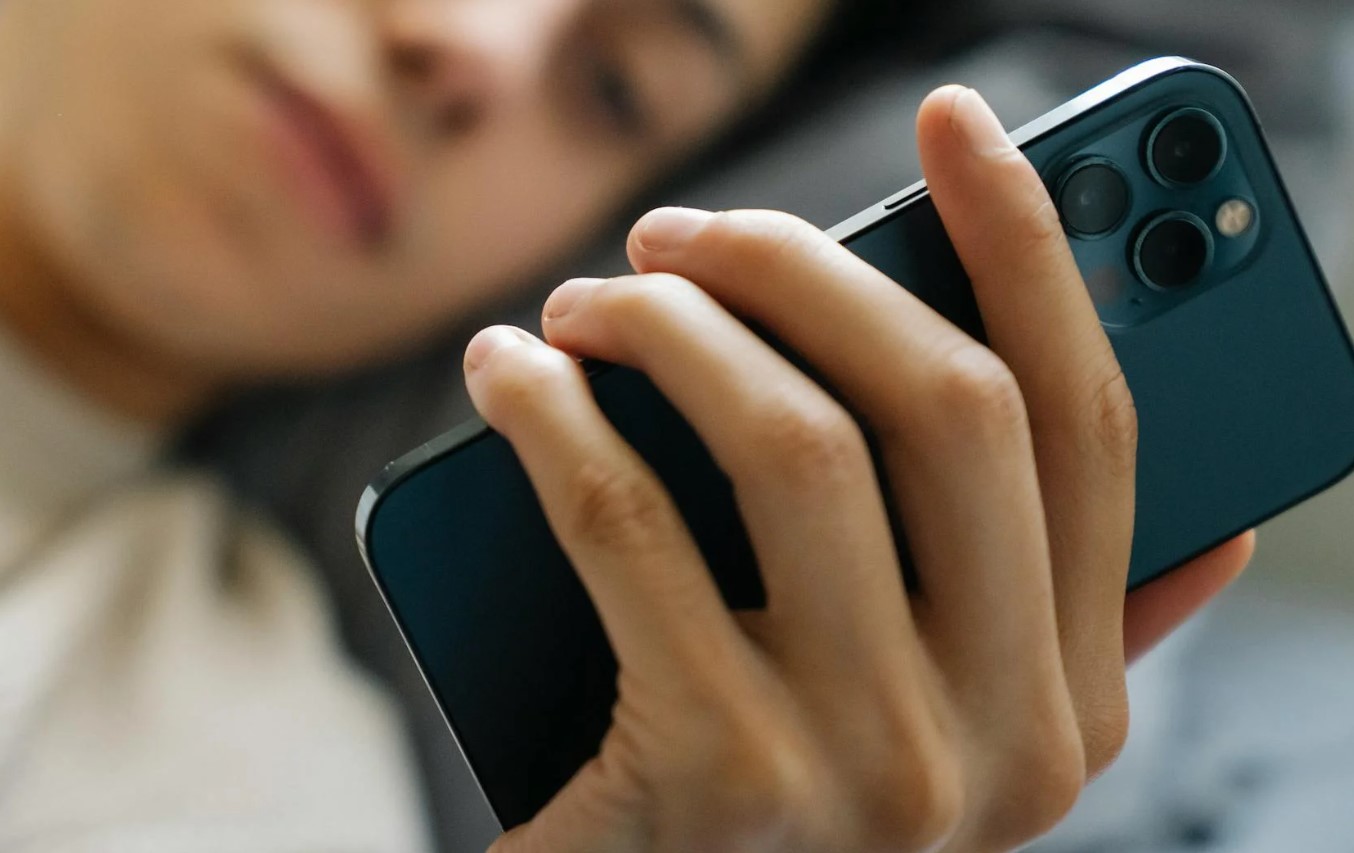SINGAPORE: A recent study conducted by the Institute of Mental Health (IMH) has revealed alarming statistics about the extent of problematic smartphone use among Singaporean youth. Nearly half of individuals aged 15 to 21 exhibit behaviors indicative of smartphone addiction, a condition closely tied to poorer mental health outcomes.
IMH researchers define problematic smartphone use by examining dependence, time spent on devices, and the resulting problems. Indicators of such behavior include feelings of impatience or distress when separated from smartphones, obsessive thoughts about device usage, and physical discomfort such as wrist pain or neck strain from prolonged use.
Moreover, this condition can lead to significant disruptions in daily activities, such as missing work or having difficulty concentrating during lessons.
The nationwide study, the first of its kind to explore the correlation between smartphone use and mental health among Singaporeans aged 15 to 65, uncovered that 46.4% of youth aged 15 to 21 exhibited problematic smartphone use.
For the broader age group of 15 to 65, the prevalence was 30.2%. This data was gathered as part of the Health and Lifestyle Survey, aimed at understanding behavioral and substance addictions among Singapore residents.
The study involved 6,509 participants and spanned 15 months, from April 2021 to July 2022, during the Covid-19 pandemic.
The research, published in the August issue of the Asian Journal Of Psychiatry, revealed that individuals with problematic smartphone use are at least three times more likely to experience moderate to severe symptoms of depression, anxiety, and insomnia compared to their counterparts without such behaviors.
The researchers suggest that youth are particularly susceptible due to their greater reliance on smartphones for social interactions and generally lower levels of self-control.
Participants were assessed using various questionnaires designed to measure the extent of smartphone addiction, psychological distress, anxiety, sleep disorders, and overall mental health. These questionnaires were administered through an online survey, where respondents indicated their agreement or disagreement with statements related to their smartphone use.
The findings align with international research suggesting that excessive smartphone use, particularly before bed, contributes to reduced sleep quality.
TISG/

